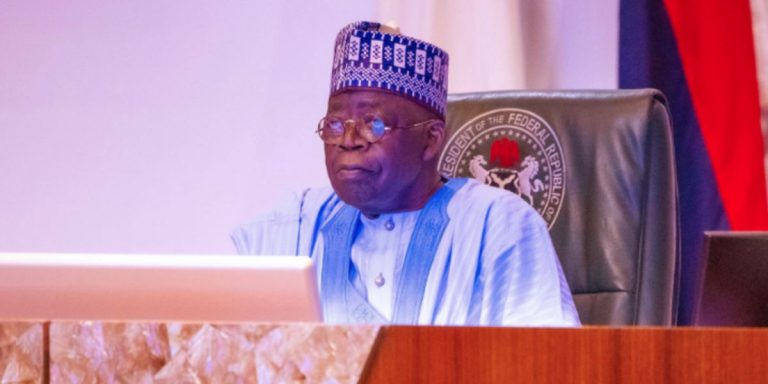President Tinubu should not be blamed for the crises in opposition parties. A reappraisal with additional historical context and political dynamics will strengthen this justification.
1. PDP’s Internal Crises Pre-Date Tinubu
The People’s Democratic Party (PDP) has been embroiled in leadership struggles since 2015, long before Tinubu took office. The major factors that led to its disarray include:
2015 Defeat & Loss of Power: The PDP’s first major crisis began when Goodluck Jonathan lost re-election to Muhammadu Buhari. This loss triggered defections and weakened party cohesion.
Atiku’s Influence & Internal Friction (2019-2023): Atiku Abubakar, after emerging as the PDP’s presidential flagbearer in 2019 and again in 2023, made strategic moves that alienated key party leaders. His choice to sideline the South, particularly by picking Ifeanyi Okowa over a Southern Christian like Peter Obi or Nyesom Wike, deepened divisions.
The G-5 Governors & Wike’s Rebellion: A faction of powerful PDP governors, led by Wike, rebelled against Atiku, demanding power rotation to the South. This internal dispute prevented PDP from presenting a united front in 2023.
These internal conflicts within PDP have nothing to do with Tinubu’s government but rather stem from long-standing power struggles, betrayals, and strategic miscalculations within the party.

2. Labour Party: A Coalition of Convenience That Couldn’t Hold
The Labour Party (LP) was a relatively obscure party before Peter Obi’s entrance in 2022. His defection from PDP to LP attracted a diverse coalition, including:
Former PDP members
Young, enthusiastic supporters (the “Obidients”)
Some APC defectors
Labour Union leaders
This mixture of ideologies created internal conflicts, especially post-election when:
The party’s original leadership clashed with new entrants, many of whom had taken over the party structure to suit Obi’s campaign.
There was a leadership tussle between Julius Abure and Lamidi Apapa, exposing the deep fractures in the party.
The LP’s stronghold remained largely in the Southeast, limiting its ability to become a true national force.
Again, these issues were not caused by Tinubu but by the internal contradictions within Labour Party’s makeshift coalition.

3. NNPP: A Kano-Centric Power Struggle
The New Nigeria Peoples Party (NNPP) was essentially revived by Rabiu Kwankwaso to contest the 2023 elections. However, its challenges included
Strong internal rivalry between Kwankwaso and other party leaders like Ibrahim Shekarau.
Limited geographical spread, as NNPP is almost entirely a Kano-based party.
Power tussle over Kano’s governorship, where legal battles have erupted over the legitimacy of Governor Abba Yusuf’s election.
These factors show that NNPP’s struggles are due to internal factionalism, not Tinubu’s influence.

4. Why Tinubu Cannot Be Blamed
For President Tinubu to be responsible for crises in three different opposition parties, he would have to possess an unrealistic level of political control over their internal workings. Instead, the real issues stem from:
Greed and personal ambitions among party leaders.
Failure to build strong, nationally accepted structures beyond regional bases.
Poor conflict resolution mechanisms within opposition parties.

5. The El-Rufai Factor: A Personal Grievance
El-Rufai’s criticisms of Tinubu are largely due to his failure to secure a ministerial position, despite his influence during Tinubu’s campaign. Reports indicate that he was financially rewarded for his role, yet his public attacks suggest personal dissatisfaction rather than genuine political concerns.

Conclusion
The ongoing crises in PDP, LP, and NNPP are self-inflicted and predate Tinubu’s presidency. Blaming Tinubu is a convenient but unfounded narrative. These opposition parties need to resolve their internal power struggles if they wish to be serious contenders in future elections.

Dr. Amiida
Headlinenews.news




